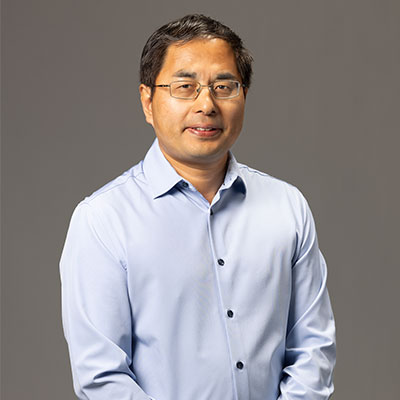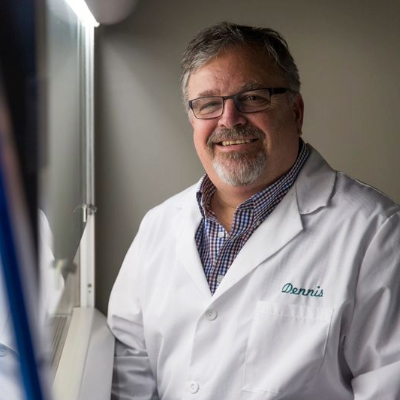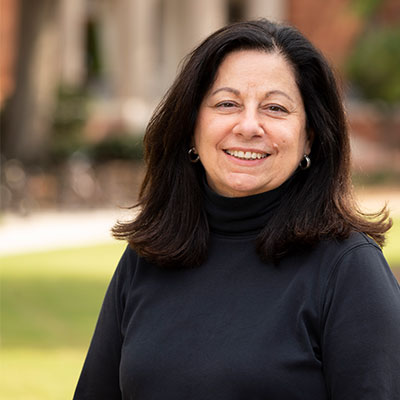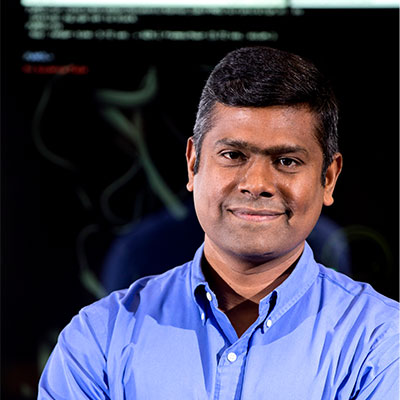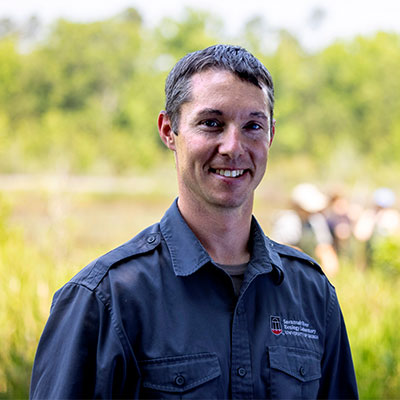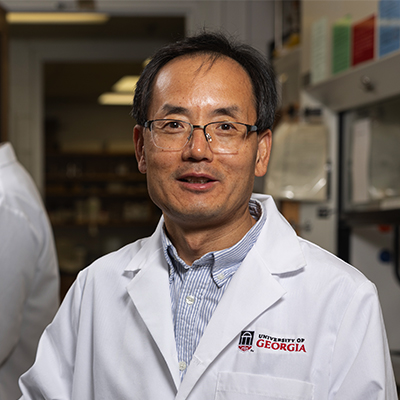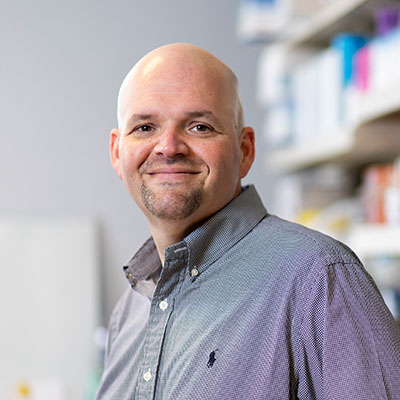Pejman Rohani
Lamar Dodd Creative Research Award 2025
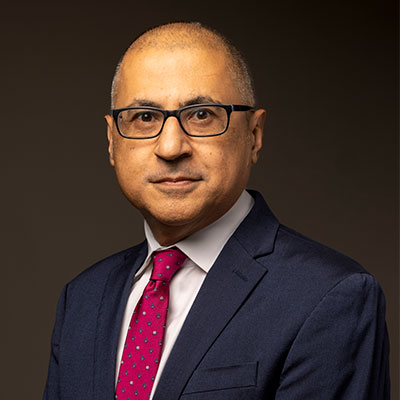
Pejman Rohani, Regents’ Professor and UGA Athletic Association Professor in Ecology and Infectious Diseases in the Odum School of Ecology and College of Veterinary Medicine, studies the ecology of infectious diseases. Since joining UGA in 2015, he has established an internationally recognized body of work focused on population dynamics, host-pathogen interactions, and the mathematical modeling of diseases. His research has provided critical insights into disease transmission, vaccination strategies, and epidemic forecasting, influencing global public health policy. Rohani serves as deputy director of the Center for Influenza Disease and Emergence Research (CIDER), an NIH-funded initiative advancing the understanding of influenza and emerging pathogens. He has authored over 160 peer-reviewed publications and co-authored a widely cited book on infectious disease modeling. A Fellow of the American Association for the Advancement of Science and the Ecological Society of America, Rohani’s expertise has been sought by the World Health Organization and the Institute of Medicine.


